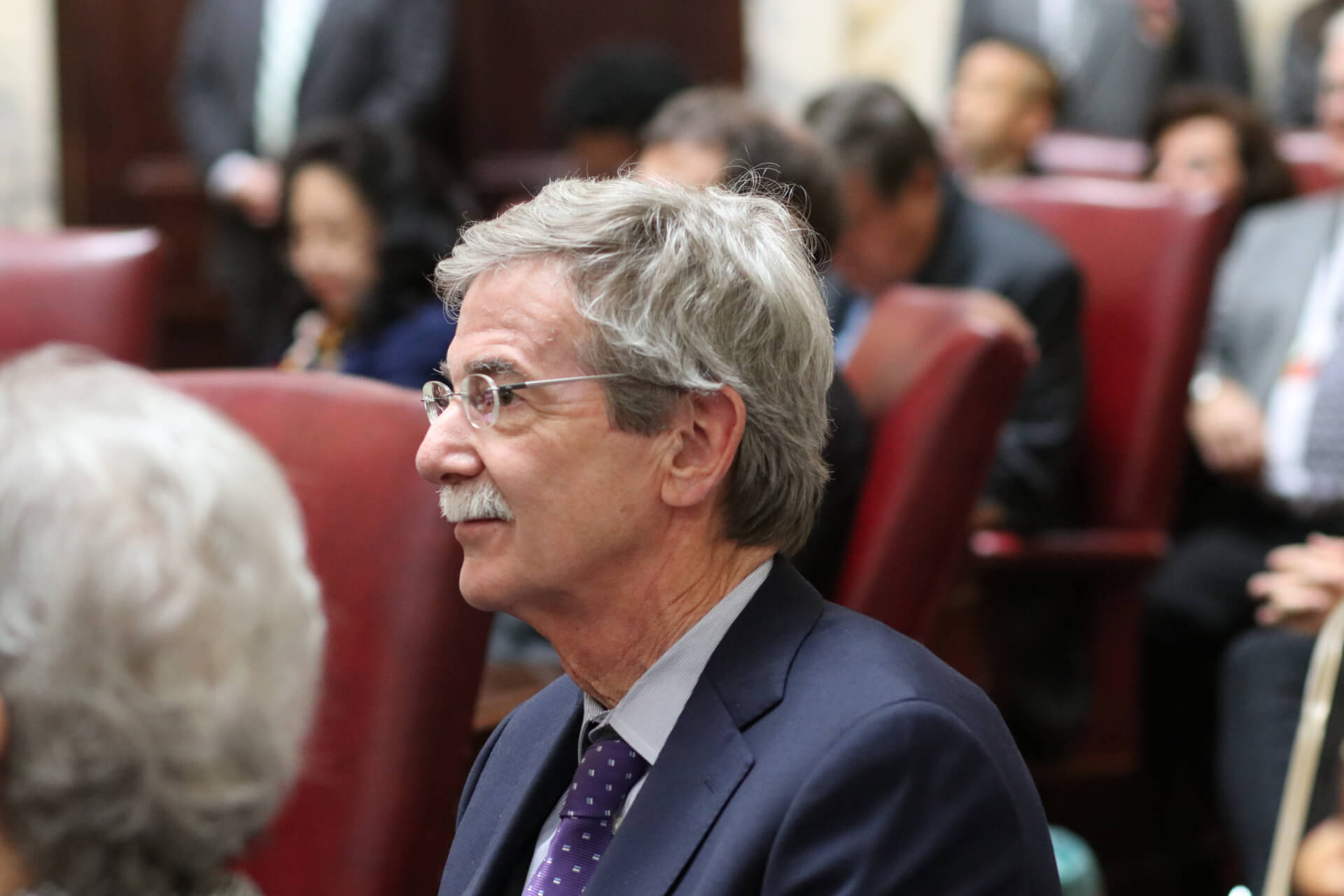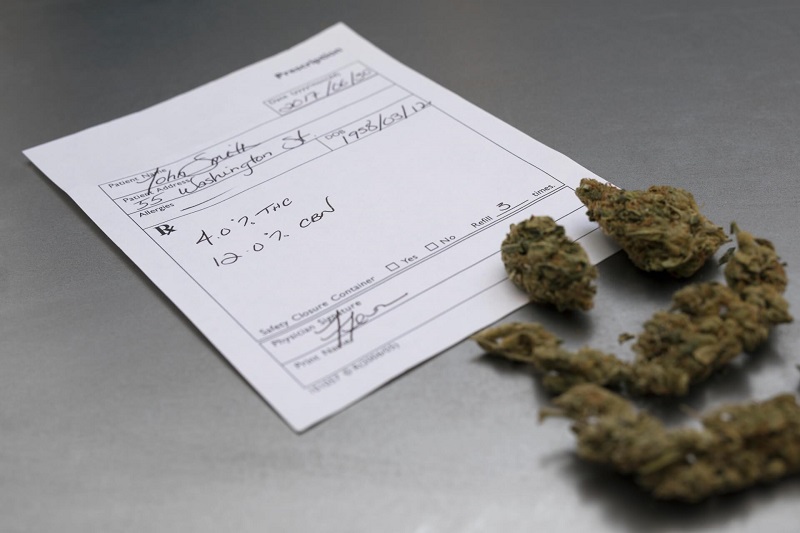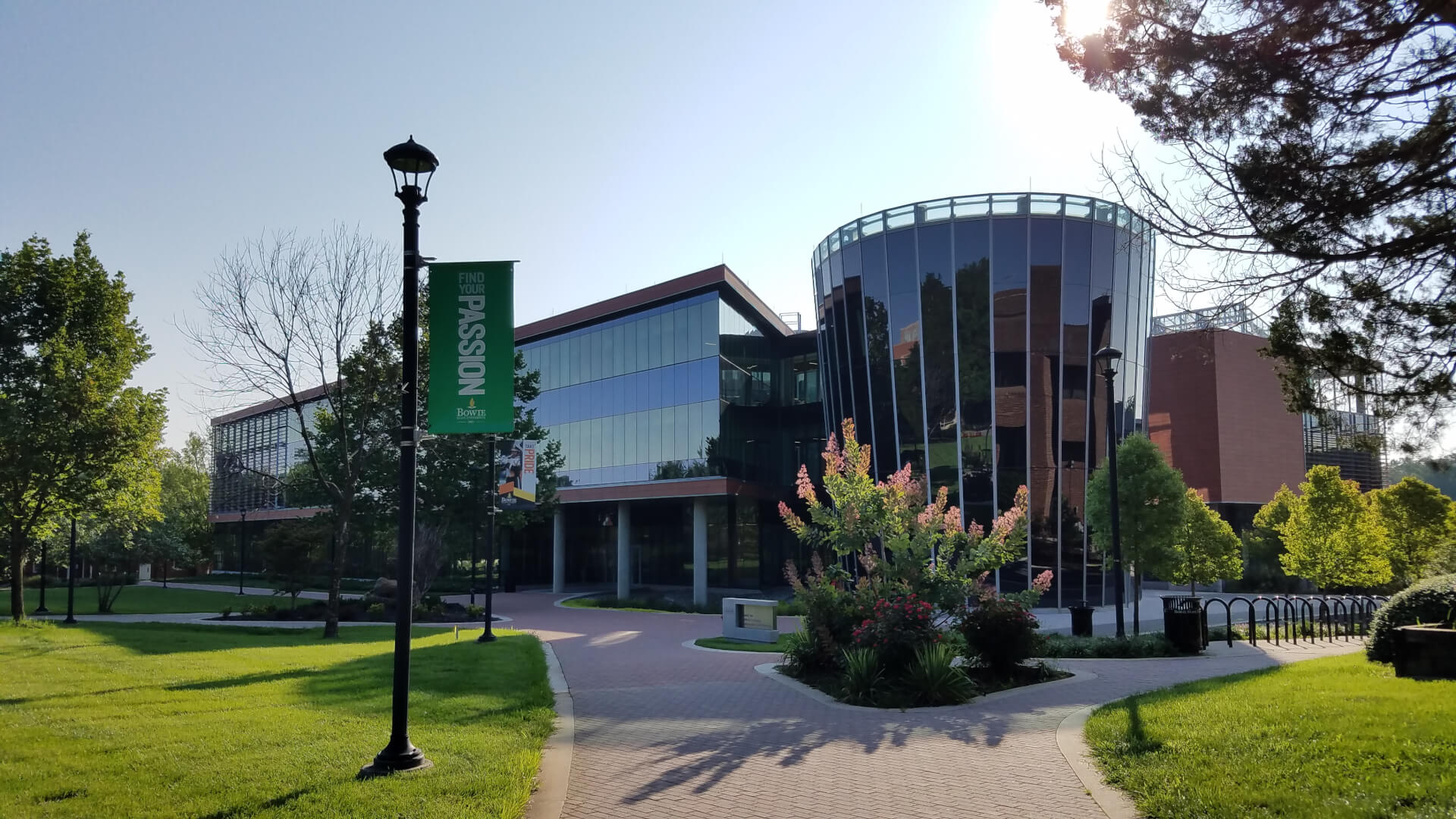Wide-Ranging Bill Probing Baltimore Police Gains 11th-Hour Momentum Without Much Scrutiny
A new state commission to investigate the Baltimore City Police Department’s disgraced Gun Trace Task Force would have extraordinarily broad powers, including the explicit right to close its meetings, compel sworn testimony and issue subpoenas, under a bill about to be given final approval by the Maryland legislature.
The bill, which flew out of the Senate and into the House of Delegates last week after languishing in committee for nearly a month, would establish a seven-member Commission to Restore Trust in Policing to probe the failings of the scandal-marred Baltimore City Police Department.
In particular, the new commission would investigate the department’s now-defunct Gun Trace Task Force, an elite police team whose abuse of power over several years resulted in the federal convictions of eight of the unit’s nine officers on racketeering charges related to a robbery and extortion scheme, frequently against suspected drug dealers.
The House gave preliminary approval to the emergency legislation Saturday, meaning it will be up for final approval Monday, the last day of the General Assembly’s regular 90-day session. It would then go to the governor to sign and, as an emergency bill, would take effect upon being signed.
“Fundamentally, I think we need to get to the bottom of the Gun Trace Task Force crisis if we ever intend to restore full trust in law enforcement in the City of Baltimore,” said Sen. William C. Ferguson IV (D-Baltimore City), the bill’s sponsor. “The experience has left a lasting negative cloud over all law enforcement actions.

Sen. William C. Ferguson IV
“We have to figure out how such a tragedy could have occurred, if we ever plan to reform the system to see it never happen again,” Ferguson said.
Among the commission’s charges is to determine whether a reorganization of the Baltimore City Police Department – which, technically, since the Civil War has been a state agency – is warranted and if so, make recommendations as to how.
The commission would be made up of two members appointed by the governor, two members appointed by the Senate president and two members appointed by the House speaker. The chairman would be jointly appointed by the governor, president and speaker.
Four of the panel’s members are required to be lawyers and experienced litigators, and three of the members are required to be Baltimore City residents. No member would be compensated, other than having expenses reimbursed.
The commission’s main charge under the bill would be to investigate the operation of the Gun Trace Task Force, including its establishment and oversight, the cases it handled, the federal criminal probe of the unit and its violations of police department policies.
At the same time, the legislation grants sweeping powers rarely given to state commissions.
Under the bill, the panel would be able to subpoena witnesses and documents, require sworn testimony and, on a vote of five of the seven members, even close meetings and prevent the disclosure of proceedings, testimony and any other evidence that is protected under the Maryland Public Information Act.
Ferguson made a point of noting during a sponsor-only hearing Friday before the House Appropriations Committee that the legislation envisions the commission’s work to be open to the public.
“The goal of this is that the operations of the commission will be public — that is the entire purpose — because if we ever, in the city and in the state, are going to move past this, we have to own what happened, and we have to figure out how to fix it,” Ferguson said.
“I will say that there is a small exception — that the commission can go into executive session for privileged and confidential testimony, if five members … choose to do so,” he said. “But the goal of the commission is to be a public process, a public airing of how we got to this place and how we can fix it.”
During the hearing, several committee members noted how shocked they were by the revelations of corruption during the federal trial of two of the Gun Trace Task Force officers.
The committee quickly voted to send the bill out to the House floor shortly after Ferguson’s testimony.
Under the bill, the commission would be required to report its findings and make recommendations for changes in two reports to the governor and legislature – a preliminary report due Dec. 31, 2018, and a final report, on or before Dec. 31, 2019.
That section of the bill dealing with the commission’s investigation of the police department would sunset a year and eight months after it is signed into law. Another provision requiring review of the police department’s audits by the legislature’s Joint Audit Committee would continue for five years.
The legislation was initially introduced Feb. 14 by Ferguson as a simple, one-page bill requiring the Office of Legislative Audits to conduct an audit to evaluate the “effectiveness and efficiency of the financial management practices” of the Baltimore City Police Department, beginning July 1, 2019, and at least once every six years thereafter.
A companion bill to Ferguson’s initial version, sponsored by Del. Cory V. McCray (D-Baltimore City), was introduced in the House, as well, and got as far as the Senate’s Education, Health, and Environmental Affairs Committee, where it stalled.
But at Ferguson’s request, his bill was gutted in its entirety by the Education, Health, and Environmental Affairs Committee and replaced with new language establishing the commission, and setting its powers and goals. That language came in the form of an eight-page “amendment” drafted last month at Ferguson’s request.
Other than Ferguson, no one attended the March 13 Education, Health, and Environmental Affairs Committee hearing on the bill, which at that point, was simply legislation dealing with management audits of the police department.
During the hearing, the senator mentioned that he was planning to amend the bill and offered the committee a “narrative summary” of the amendment, but not the actual amendment. That was submitted to the committee at a later point, but was not voted on and approved by until April 4, when the bill was voted out to the full Senate.
Asked nearly two weeks ago about the bill and Ferguson’s amendment, Sen Joan Carter Conway (D-Baltimore City), who chairs the Education, Health, and Environmental Affairs Committee, said she understood that Mayor Catherine E. Pugh (D) had some problems with the legislation.
At that point, Conway said she was unclear on if and when the bill and Ferguson’s amendment would come up for a committee vote.
After the legislation was voted out of committee and passed the full Senate on Friday, she said that a “work group” on her committee had huddled with Ferguson to amend the bill.
“There was some confusion between the Baltimore city administration and the police department, and everything changes,” Conway said.
“So, he worked with that work group, and he said [these] are the amendments,” she said.
Conway referred specific questions about the transformation of the legislation to Ferguson.

Sen. Joan Carter Conway
“Do you think I sat there and read all those amendments?” Conway asked. “I got 600 and some bills. Do you think I sat there and read all those amendments?”
“I said, ‘You all want them on, fine,’” Conway explained. “He said he wanted them. That’s what the compromise was. That’s what we voted.”
Ferguson said he had contacted Pugh, a former state senator, during the process of drafting his amendment.
“The mayor thought it was unnecessary because the police department was planning on doing an independent review,” he said.
“When we spoke about it, she was not immediately opposed, but that sentiment became more firm a day later,” he said.
Ferguson explained that he believed a state commission with power to delve into seemingly long-standing problems within the city police department was necessary.
“Any changes to the department would have to come with state legislation, and a state-level role for oversight in this instance I thought was essential,” he said.
The legislation does contain a provision requiring that beginning with its 2018 audit of the police department the Baltimore city comptroller’s office must submit its report to the General Assembly.
It further requires the legislature’s Joint Audit Committee to review the city’s audit process and procedures and make recommendations to the Senate president, House speaker, executive director of the Department of Legislative Services and the Legislative Auditor.
That requirement would sunset in five years, on Sept. 30, 2023.




 Creative Commons Attribution
Creative Commons Attribution